Modar Malla
Optimization of time and effort in decision and action: experiments meet theory
Team: David Robbe (INMED) - Laurent Raymond (CPT) - Fabrice Sarlegna (Institut Sciences du Mouvement)
His background
October 2020 - present | CENTURI PhD student
2017 - 2019 | MSc in Control of systems and information technologies - Institut Polytechnique de Grenoble (France)
2009 - 2014 | Engineering diplomat in mechatronics - School of Electronic Engineers at Aleppo University (Syria)
Contact
About his PhD project
Imagine that you need to catch a bus to return home after work. Will you decide to run as fast as possible to catch the first incoming bus? Or maybe you are tired and will prefer to walk slowly to save your energy, at the risk of missing this first bus and arriving late at home? This example illustrates that our daily decisions and actions involve some kind of economic computation in which we adjust effort to obtain reward (here arriving comfortably at home) sooner than later. While the impact of reward on decision making and its underlying neural bases have been extensively studied, much less is known regarding how effort and time affect reward-related decisions and movements. The goal of this proposal is to take advantage of the control theory to better understand how rodents and humans optimize their decisions and the kinematics of their movement according to their sensitivity to the cost of time and effort. Such knowledge should help to understand what conditions favor seemingly irrational human decisions.







